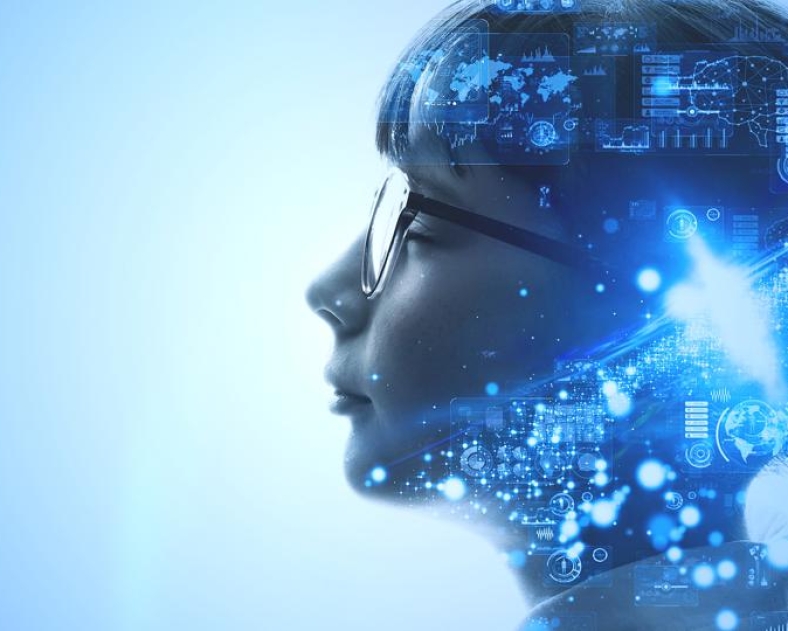

Education 4.0
India
In its recent Educational 4.0 Report, the World Economic Forum explores how technology can improve student’s access to education and address learning gaps. A synthesis of the findings of the report highlights four priority intervention areas. These are foundational numeracy and literacy (FLN), professional development for educators, career readiness, and connecting underserved students. Curriculum, content, capacity, community, and digital interventions are categorised under these five building blocks.
Education 4.0 India
Educate 4.0 India leverages the efforts and interventions of both the central and state governments. By utilizing more adaptive learning systems and engaging communities, the recommendations can have a profound impact, ranging from improving educational accessibility to reducing dropout rates.
Industrial Revolution 4.0 – An overview
The Industrial Revolution 4.0 is the fourth industrial revolution in human history. Educators are abuzz with Education 4.0 due to the fourth industrial revolution sweeping all sectors, including the education sector. Education 4.0 India was launched in May 2020, bringing together over 40 partners from ed tech, government, academics, and start-ups. We are, therefore, on the verge of a new era in education; Education 4.0.
Technological advances, such as IoT, sensors, and automation, have already impacted India’s present education system in various ways. Furthermore, education today relies heavily on virtual communication systems and digital platforms. However, the Indian education system still faces internet protocol and communication systems issues. Teaching in some parts of the country is still dominated by traditional rote learning methods, which are not very practical for students. This type of conventional education pattern will not be helpful to students in the future.”
Education 4.0 aims to overcome the shortcomings of conventional ways of teaching and learning. Under Education 4.0, the primary responsibility for learning will shift from teachers to students. Classes will become more flexible in the next few years, accommodating diverse learning methods.
Emerging Transformations
Because of the Fourth Industrial Revolution, novel and advanced educational institutions are emerging that offer education, research, and service differently, including massive open online courses (MOOC), virtual classrooms, virtual libraries, virtual laboratories, and virtual educators. Education 4.0 is also driving schools, colleges, and universities to upgrade themselves. Smart technology, artificial intelligence, and robotics are just a few examples of how the industrial revolution has impacted our daily lives. Therefore, to remain competitive, educational institutions are equipping students for a world in which cyber-physical systems permeate virtually every industry.”
Promotes a student-centric model
Education 4.0 will also allow students to choose what they wish to learn. Moreover, each student will receive a customised learning experience. Also, a certain level of expertise will be required before they can move on to the next level.
Students will also have the option of selecting the learning tools they prefer. Also, the learning process will be more project-based for students to help them develop time-management or interpersonal skills to make them job-ready.
Promotes inclusiveness
In addition to making digital learning central to education worldwide, the pandemic has exacerbated the digital divide, leaving those without internet connections and devices further behind. While some schools in India have limited access to computers, others have no internet access.
Transforming teaching methods
Education 4.0 will enhance teachers’ ability to deliver education in creative ways. The report suggests improving teacher training as a way to strengthen teachers’ ability to perform. Teachers are also involved in designing a comprehensive teacher capacity-building program that links training with career development.”
The way ahead
Industrial Revolution 4.0 will impact the Indian education system in a significant way via advanced technology. Powered by Artificial Intelligence, the Fourth Industrial Revolution will augment the learning experience and offer exciting opportunities for higher education, which may be able to transform Indian society in positive ways. As higher education moves into the 4th Industrial Revolution, it will provide quality teaching, enlighten learners through exploratory research, and sustain societal development while taking on an increasingly important role in the global education sector



Add a Comment